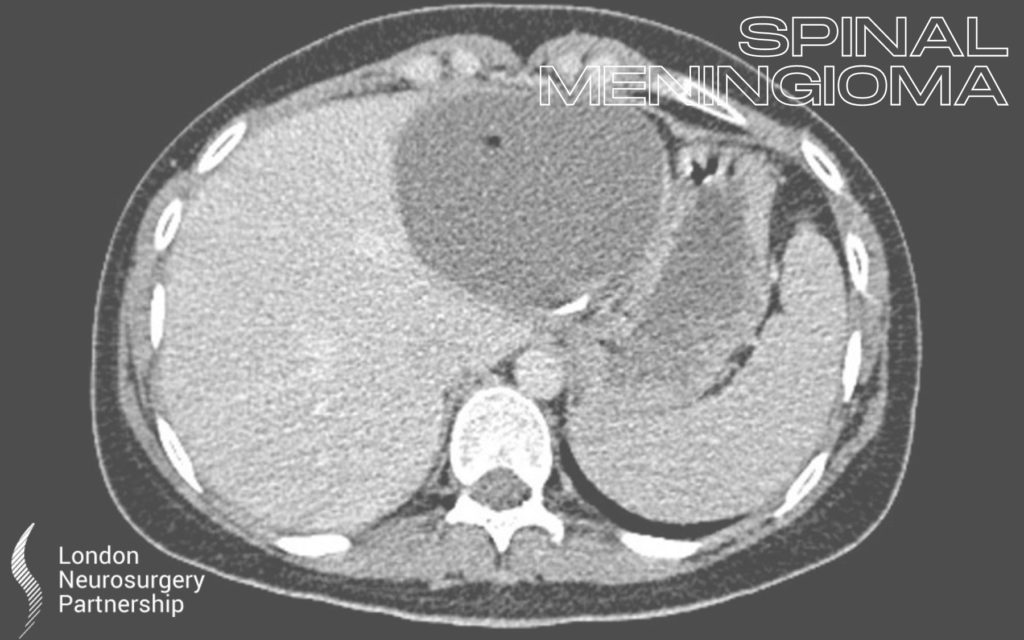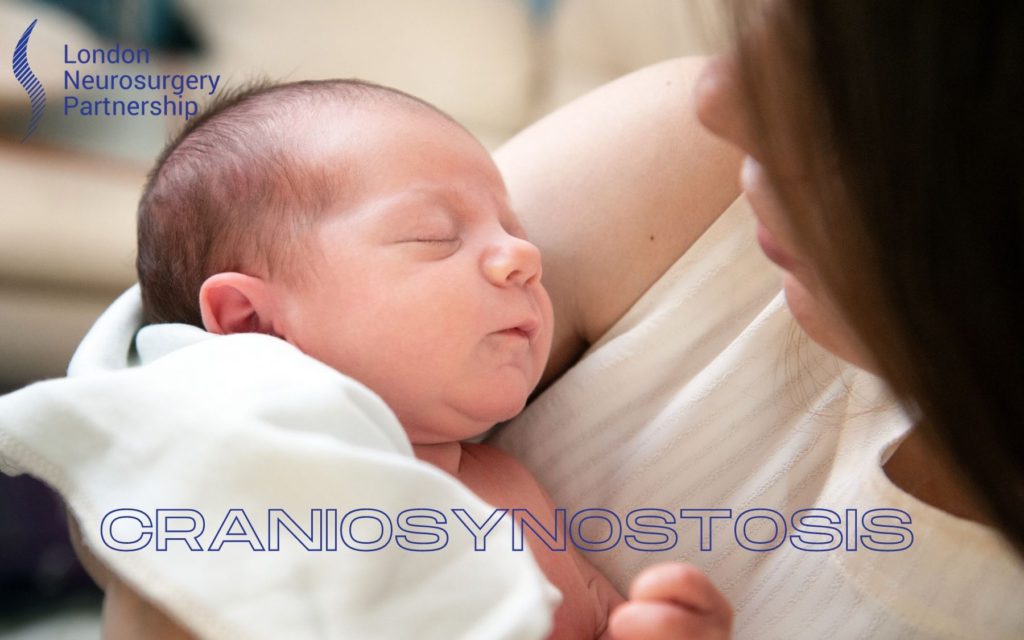
A meningioma is a tumour arising from the meninges (thin membranes surround the brain and spinal cord), although often found in the brain they can also occur in the spine. Almost all spinal meningiomas are non-cancer or benign. A spinal meningioma, which can also be referred to as a spinal cord tumour is a growth that develops in or around the spinal cord. Although spinal meningiomas are often non-cancerous, they can still lead to the patient having symptoms which affect their day to day life.
Patients don’t always present with symptoms unless the tumour has begun to compress the spinal cord due to its location and size. Symptoms can include:
Pain at the site of the tumour
Non-specific back pain
Changes in bladder or bowel function
Loss of bladder or bowel control
Weakness and numbness
Loss of balance
Neurological problems
Changes in sensation
Abdominal pain
A meningioma is diagnosed through an MRI scan. Spinal meningiomas are generally treated with surgery to remove the tumour. Surgery involves a laminectomy to allow access to the spinal cord. The tumour is then removed from the meninges, the spinal cord closed and the muscle layers and skin closed.
Surgery, especially spine surgery, carries many risks however the risk of leaving a spinal meningioma untreated can result in worsening symptoms and potential paralysis as the tumour grows.
Recovery from surgery can take several weeks to return to normal however patients are usually up and out of bed the day after surgery. Often, because meningiomas are non-cancerous the chance of recurrence is low. That said it is usual for consultants to continue to follow up their patients for several years following the surgery to make sure the tumour has not returned.
Micha, one of Mr Bassi’s spinal cord tumour patients, has shared his story of spinal cord tumour surgery;






0 Comments